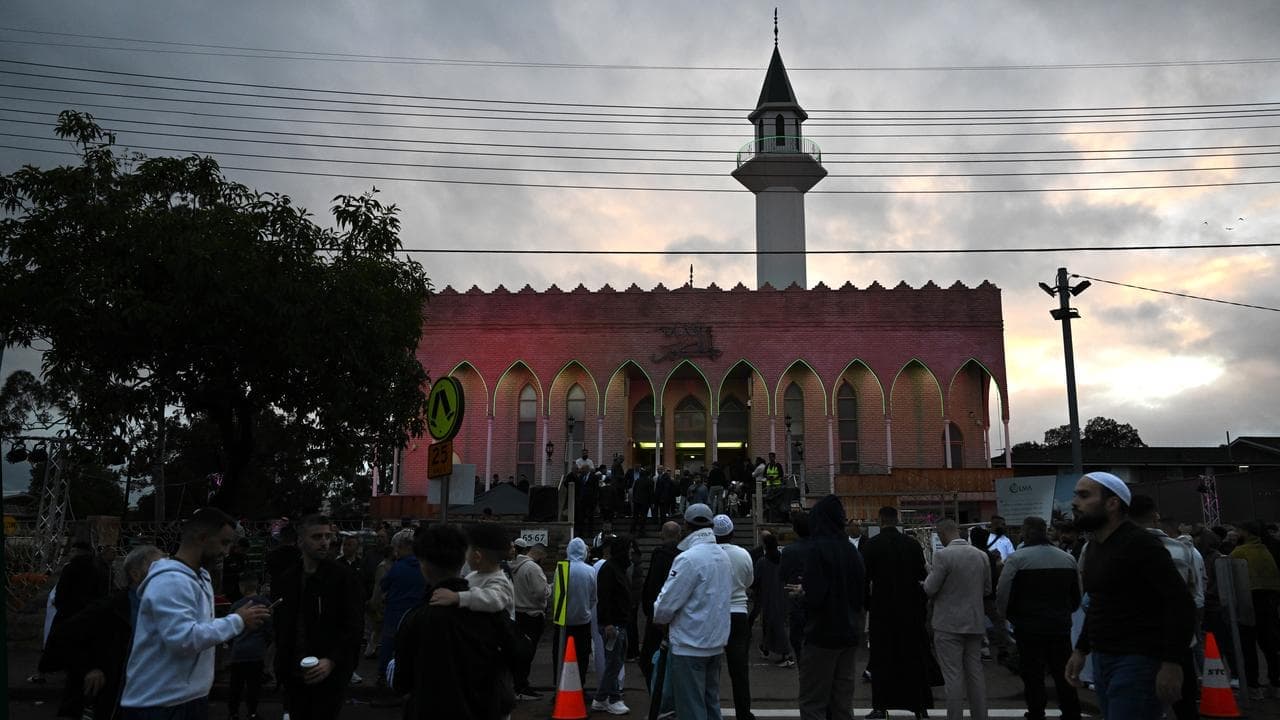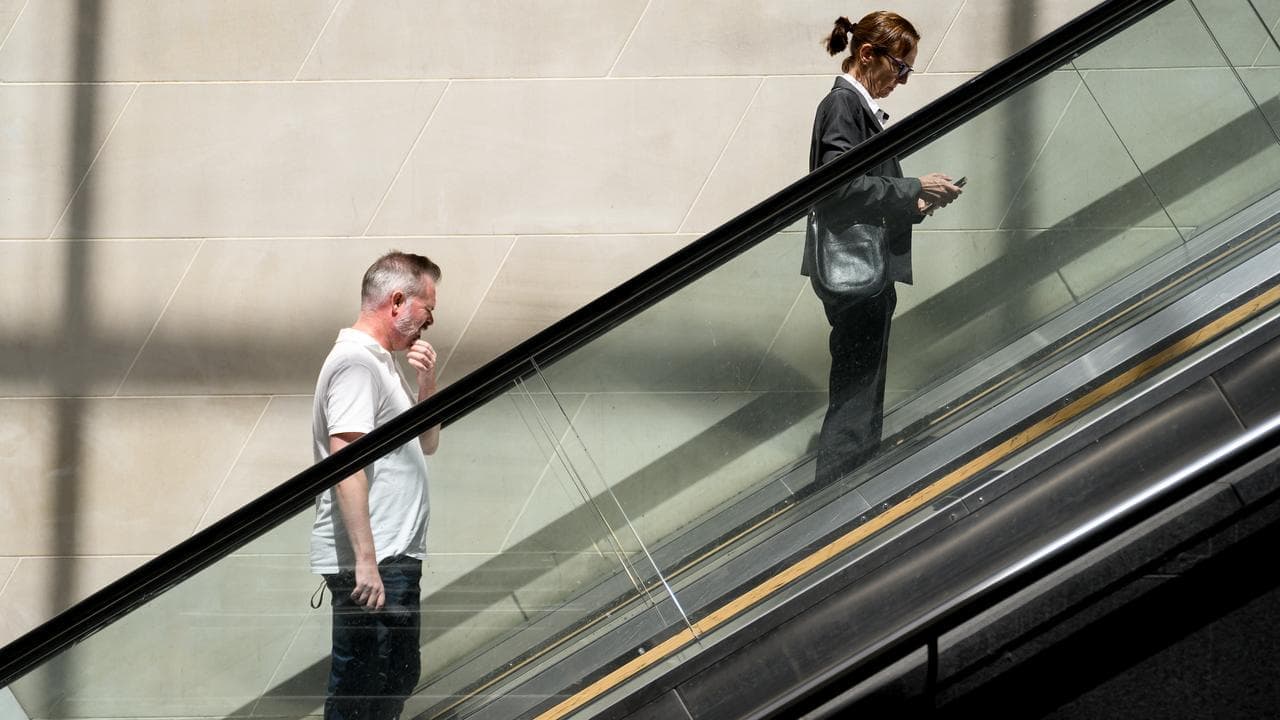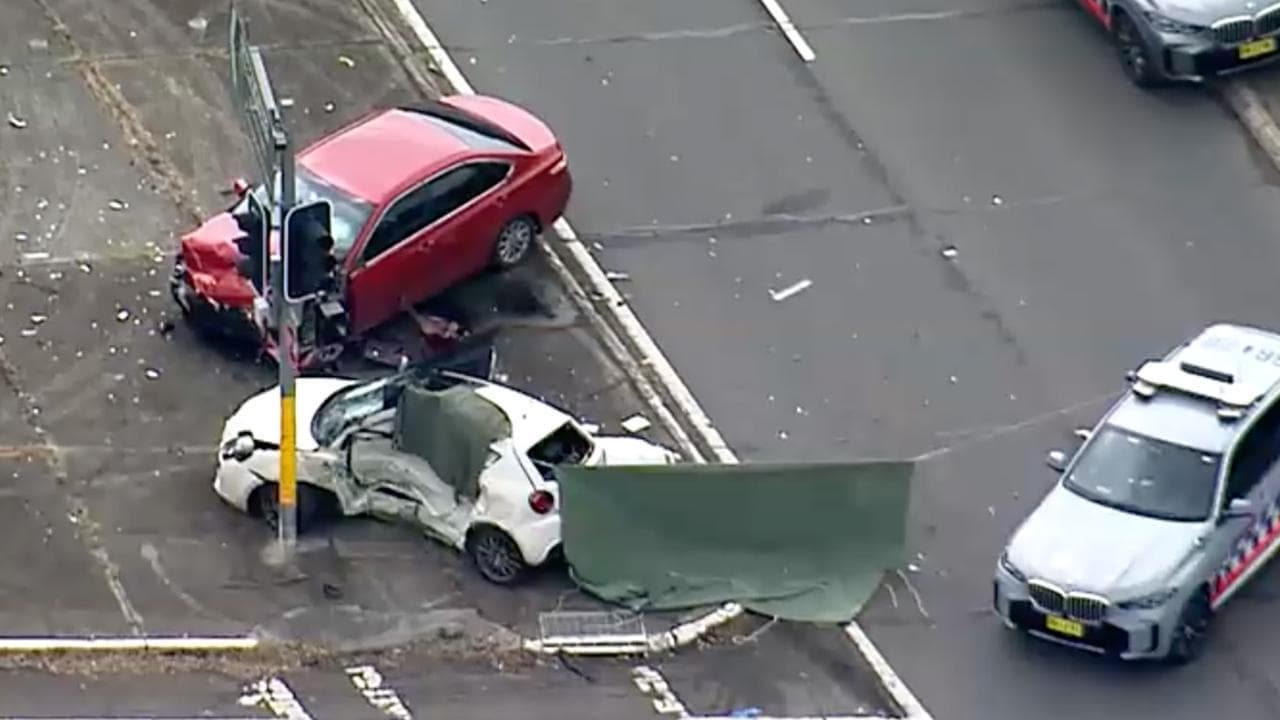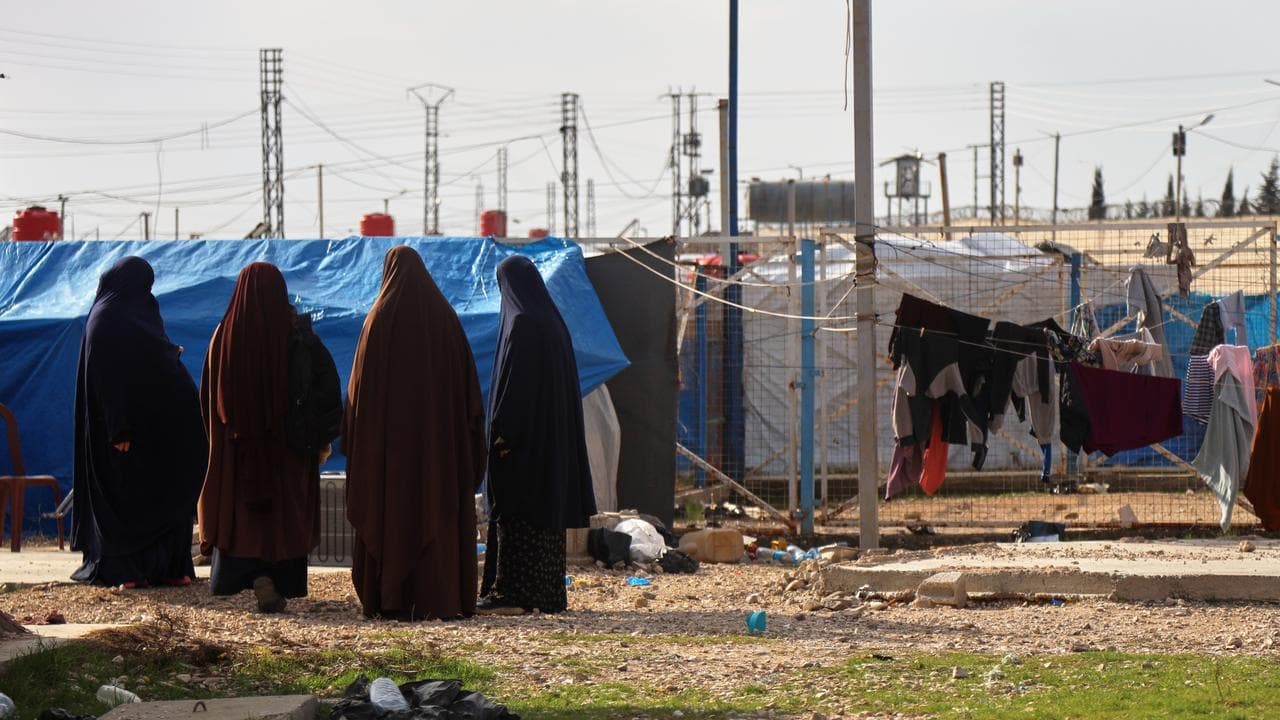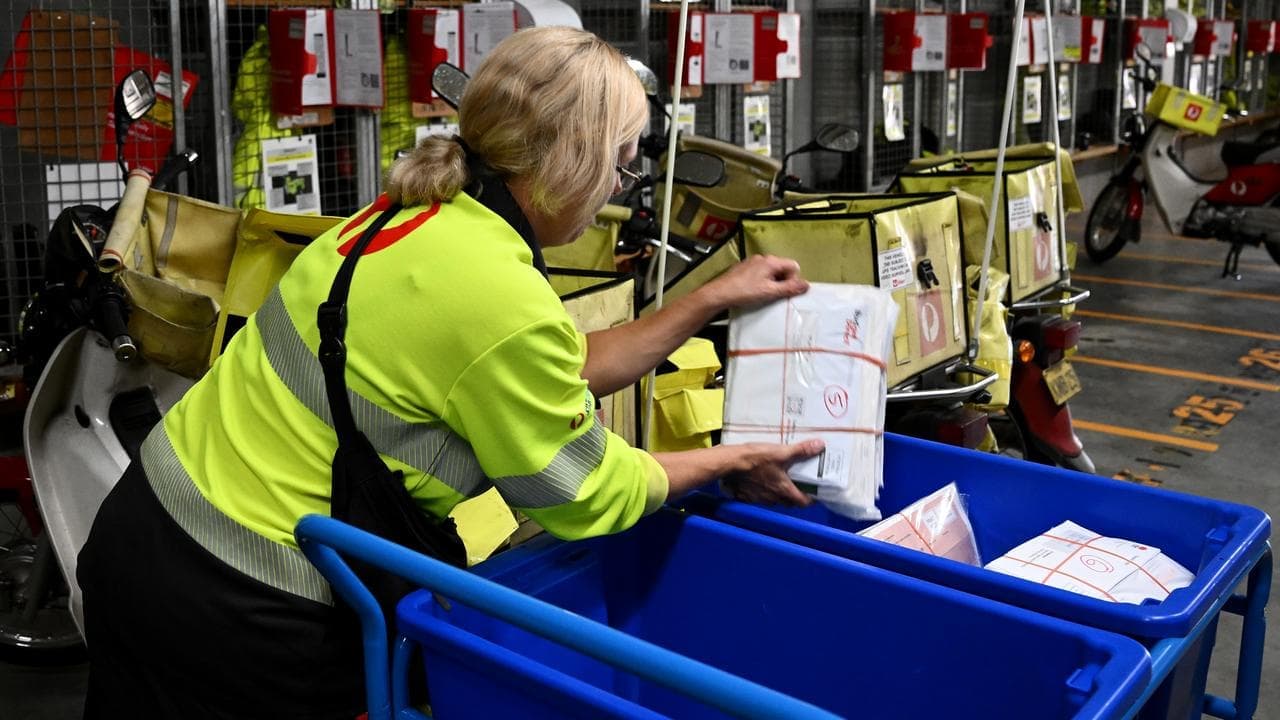WHAT WAS CLAIMED
The sun doesn’t cause cancer unless you bake chemicals on your skin.
OUR VERDICT
False. UV radiation from the sun damages DNA, which can cause skin cancer. Chemicals in sunscreen help to block or absorb UV.
AAP FACTCHECK – Sunscreen is a scam and the sun only causes cancer if you "bake chemicals on your skin," a social media influencer has claimed.
This is false. Skin cancer is caused by ultraviolet (UV) radiation from the sun, which damages DNA and causes skin cells to mutate and form cancer cells.
The chemicals in sunscreen help to absorb or reflect this radiation.
Skin cancer was first documented thousands of years ago, while the first modern commercial chemical sunscreen was developed in 1946 by Swiss chemist Franz Greiter.
The claim appears in a lengthy Instagram post by Rhys Menzel, a former competitor in the reality TV series Australian Ninja Warrior. In the post he makes a number of claims about sunscreen being harmful.

"Want to protect your skin? Read below," the caption states. "The first thing to do is to stop wearing sunscreen. The chemicals in 99% of sunscreens will damage your skin more than help it… The sun doesn't cause cancer unless you bake chemicals on your skin."
The caption goes on to promote a "red light therapy" product Mr Menzel is affiliated with, claiming it can "strengthen your skin".
The accompanying video shows clips of him topless in various locations with a voiceover track that says "sunscreen is a scam".
According to US health care organisation the Mayo Clinic, skin cancer usually develops on skin exposed to the sun, although it can also form on parts of the body that see little sunlight.
UV radiation from the sun causes DNA damage, leading to mutations that "cause the cells to grow out of control and form a mass of cancer cells".
Other factors that can contribute to skin cancer include genetics and a weakened immune system, as well as some chemicals such as arsenic.
The two main types of sunscreen are mineral and chemical.

Mineral options contain small particles of titanium oxide and zinc oxide that sit on top of the skin and form a shield to block or scatter UV rays before they can reach the skin, while chemical options contain chemicals that absorb UV rays "like a sponge".
Australia and New Zealand have the highest rates in the world of melanoma, which is the most deadly form of skin cancer.
University of Sydney cancer epidemiologist Anne Cust told AAP FactCheck UV radiation causes 95 per cent of melanomas and using sunscreen regularly has been shown to reduce the risk of skin cancer.
A 2015 study estimated 7220 melanomas, and essentially all non-melanoma skin cancers, in Australia were attributable to high UV levels from the sun. It also estimated regular sunscreen use reduced the incidence of skin cancer by between 10 and 15 per cent.
University of Adelaide molecular pharmacologist Ian Musgrave told AAP FactCheck studies had consistently shown that sunscreen helps to prevent skin cancer.
He also said the chemicals used in sunscreen in Australia are approved by the Therapeutic Goods Administration and are tested to ensure they're safe.
While there has been some concern that chemicals used in some sunscreens can be absorbed into the body, the concentrations are low and there is no evidence of negative effects.
"Any potential risks are outweighed by the benefits of cancer prevention," Dr Musgrave said.
AAP FactCheck has previously debunked misleading claims that sunscreen ingredients include cancer-causing chemicals and skin cancer didn't exist before sunscreen.
The Verdict
False – The claim is inaccurate.
AAP FactCheck is an accredited member of the International Fact-Checking Network. To keep up with our latest fact checks, follow us on Facebook, Twitter and Instagram.







